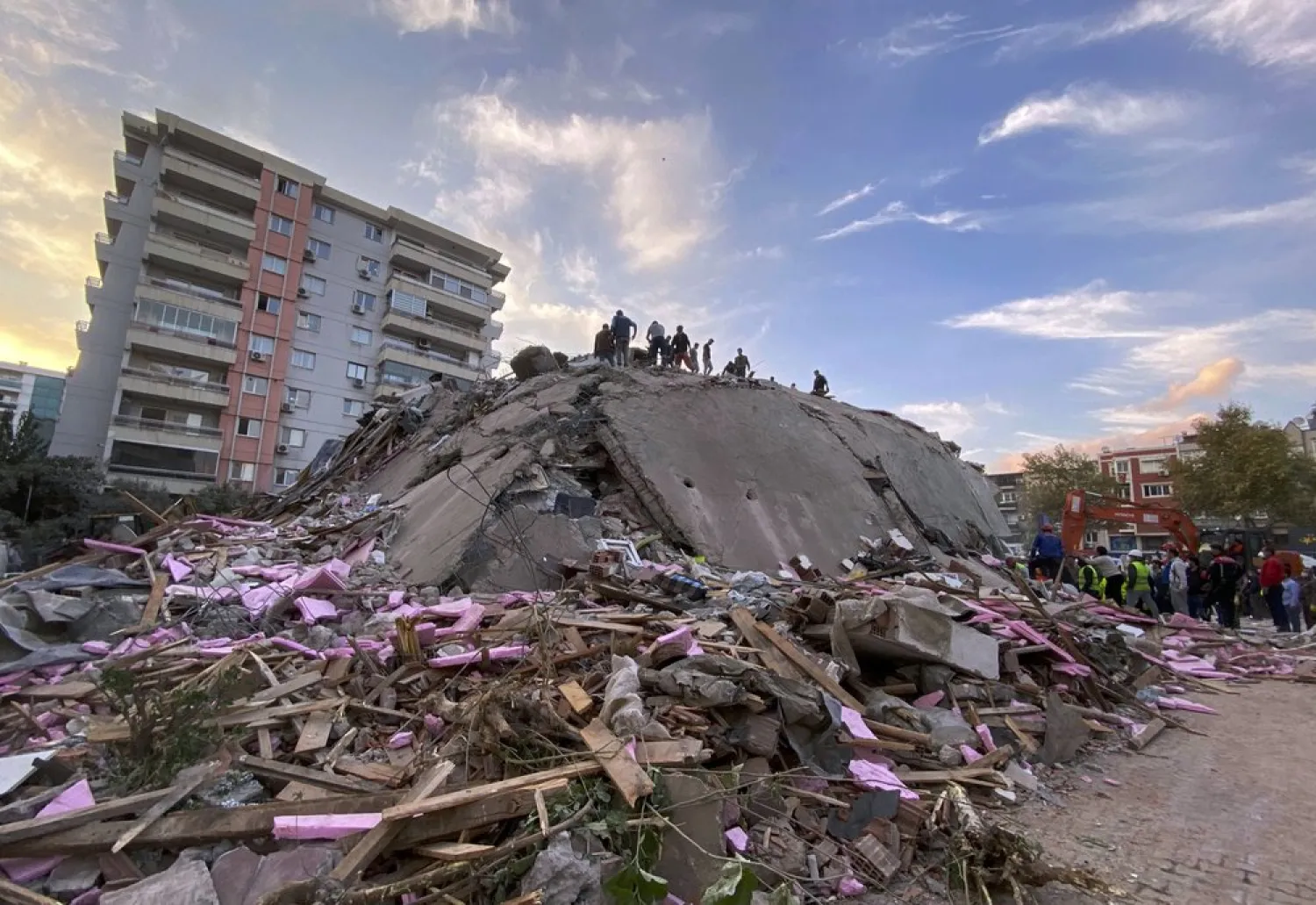A magnitude-5.9 earthquake hit a town in northwestern Türkiye early Wednesday, causing damage to some buildings and widespread panic. Around 50 people were injured, mostly while trying to flee homes.
The earthquake was centered in the town of Golkaya, in Duzce province, some 200 kilometers (125 miles) east of Istanbul, the Disaster and Emergency Management Presidency said.
It struck at 4:08 a.m. (0108 GMT) and was felt in Istanbul, in the capital Ankara and other parts of the region. Dozens of aftershocks were reported, including one with a magnitude of 4.3, The Associated Press said.
The quake woke people from their sleep and many rushed out of buildings in panic in the province that experienced a deadly earthquake 23 years ago.
At least 50 people were treated in hospitals for injuries in Duzce and nearby regions, mostly sustained during the panic, including from jumping from balconies or windows. One of them was in serious condition, Interior Minister Suleyman Soylu told private NTV television.
Power was cut in the region as a safety measure, the minister said.
The quake demolished the exterior cladding and parts of the roof of a courthouse in Duzce, HaberTurk television reported. Among other damage, a two-story shop collapsed on a narrow street, it said.
In Golkaya, people gathered in a main square, some wrapped in blankets distributed by the emergency management agency, television footage showed.
Duzce Gov. Cevdet Atay said schools in the region were being closed as a precaution.
Around 800 people were killed in a powerful earthquake that hit Duzce on Nov. 12, 1999. In August of that year, 17,000 people were killed by another powerful temblor that devastated nearby Kocaeli province and other parts of northwest Türkiye.
Officials said around 80% of the buildings in the area were rebuilt or fortified following the 1999 earthquakes, which helped minimize damage.
Türkiye sits on top of major fault lines and is frequently shaken by earthquakes.









